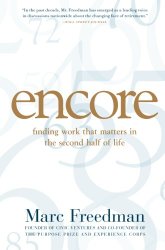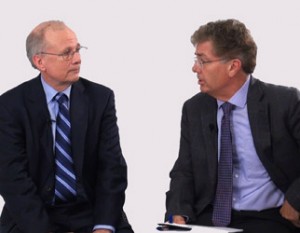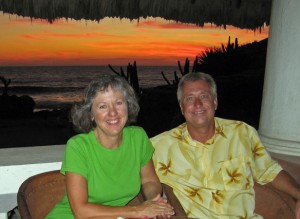
By Jonathan Chevreau
If you’ve been binge-watching the new third season of House of Cards on Netflix, you’ll know that the nefarious Frank Underwood — now the fictional president of the United States — has decided Social Security is a luxury the nation can no longer afford, as is Medicare and Medicaid.
Instead, a new program dubbed AmWorks (for America Works) aims to provide a job for anyone who wants one. The Washington Post poses the question Could the House of Cards America Works program actually work?
Probably not, but there’s been a lot of online commentary on the very notion of killing the 80-year old Social Security program, given how many Americans have little retirement savings resources other than it. One is this piece from the Independent Women’s Forum, entitled House of Cards gets Social Security policy right, but messaging wrong.
If the prospect of losing Social Security doesn’t frighten you, maybe this will: New York Times reports that many Americans will run out of money in retirement unless at least two things happen: one, they need to save more, and two, what money they do need to save needs to be invested more wisely, which means avoiding high-fee mutual funds. It blames mutual fund expense ratios of 1.12% of assets and that’s in the United States. Canadian mutual fund MERs are roughly twice that high.
So the solution is to just keep working, perhaps in an Underwoodian variation of AmWorks? Not so fast! Personal finance author and columnist Helaine Olen writes an insightful piece in Slate on what she calls the “Semi-Retirement Myth.” As the online site puts it, “Don’t buy the tales of meaningful work into your 70s. Your retirement is inevitable — and bleaker than the last generation’s.”
Better hope for “Freedom Six Feet Under.” Unfortunately, as the Hub’s Longevity & Aging section continually reminds us, odds are we’re all going to be living longer and healthier than we once may have imagined. Perhaps the canary in the coal mine is Irving Kahn, who passed away last week at age 109. One of the world’s oldest active investors, Kahn was around to experience the crash of 1929. Here’s the obituary from the Telegraph.
On the same subject, sadly comes news of the death of Thomas Stanley, co-author of the groundbreaking bible of personal finance, The Millionaire Next Door. Here’s a good tribute on him from the New York Times.
Globe & Mail on Reforming Retirement
North of the border, the Globe & Mail has been running a series on reforming retirement. Last week it weighed in to the TFSA debate. Continue Reading…





